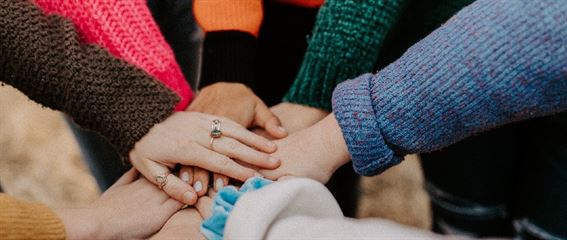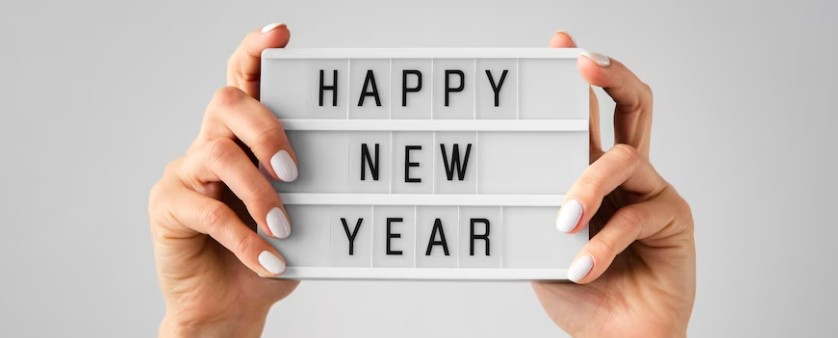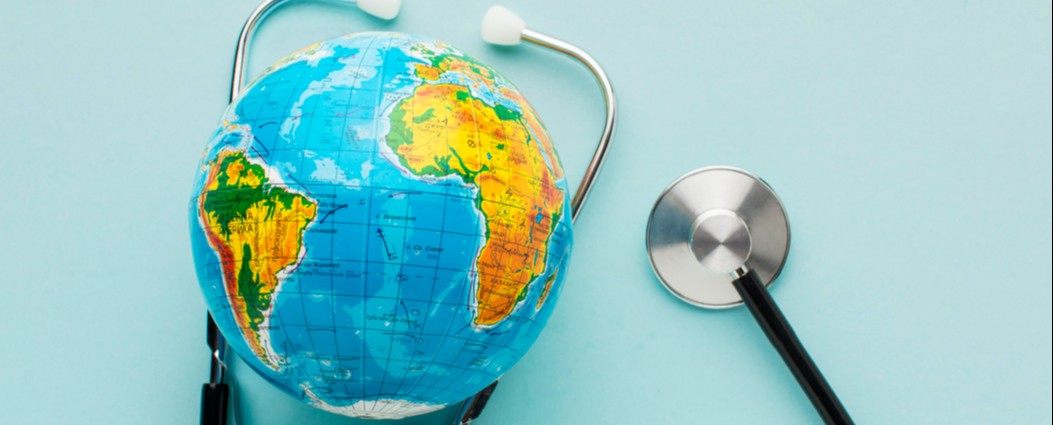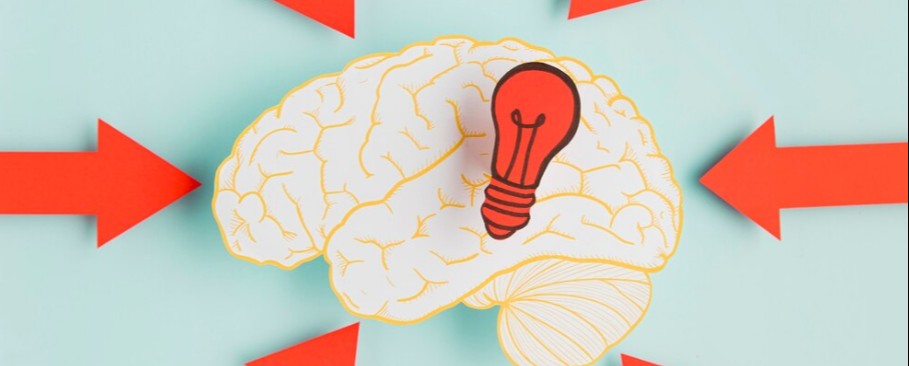
No Diet Day

No Diet Day
Every year on May 6th, individuals worldwide come together to celebrate No Diet Day, a day dedicated to promoting body acceptance and raising awareness about the harmful effects of diet culture on mental health. In a society obsessed with unrealistic beauty standards and fad diets, it's crucial to recognize the detrimental impact these societal pressures can have on our mental well-being. This day goes beyond just skipping a calorie-counting app; it's a call to action to prioritize our mental and physical health by forging a positive relationship with food and our bodies.
Mental Health & Diet Culture:
Diet culture bombards us with messages that equate thinness with success, happiness, and worthiness. From social media influencers promoting detox teas to advertisements promising rapid weight loss, the pressure to conform to these ideals can lead to negative body image and low self-esteem. Constantly striving for an unattainable body size can fuel feelings of inadequacy, anxiety, and depression.
The constant barrage of "ideal" body images in media and social media creates a distorted perception of what's healthy. We internalize these messages, leading to body dissatisfaction, a major risk factor for developing an eating disorder. Research suggests that frequent dieting can actually increase the likelihood of weight gain, creating a frustrating yo-yo effect that reinforces negative self-talk and anxiety.
Diet culture also fosters a culture of shame and guilt around food. Foods are categorized as "good" or "bad," leading to restrictive eating patterns and depriving our bodies of essential nutrients. This can trigger cravings and binge eating episodes, further damaging our relationship with food and our bodies.
Moreover, restrictive eating habits often associated with dieting can escalate into disordered eating patterns such as anorexia nervosa, bulimia nervosa, or binge eating disorder. These disorders not only endanger physical health but also take a severe toll on mental well-being, causing distress, shame, and isolation.
The mental health consequences of diet culture are far-reaching. Studies have linked it to increased rates of depression, anxiety, and social isolation. Constantly scrutinizing our bodies and criticizing our food choices creates a negative self-image that can bleed into other areas of our lives.
Promoting Body Acceptance and Mental Well-being:
On No Diet Day and every day, it's essential to prioritize mental health and foster body acceptance. Here are some ways to cultivate a positive relationship with your body and mind:
1. Practice Self-Compassion: Be kind to yourself and recognize that your worth is not determined by your appearance. Treat yourself with the same empathy and understanding that you would offer to a friend.
2. Reject Diet Culture: Challenge societal norms that perpetuate diet culture by unfollowing accounts that promote unrealistic body standards and embracing diverse representations of beauty.
3. Cultivate Mindful Eating Habits: Instead of focusing on restrictive diets, practice intuitive eating by listening to your body's hunger and fullness cues. Enjoy a variety of foods without guilt or shame.
4. Engage in Body-Positive Activities: Surround yourself with supportive communities that celebrate body diversity and promote self-love. Participate in activities that make you feel empowered and confident in your own skin.
5. Seek Professional Support: If you're struggling with body image issues or disordered eating habits, don't hesitate to seek help from a qualified therapist or counselor who specializes in eating disorders and body image issues.
Nurturing Body and Mind:
True health goes beyond physical appearance; it encompasses mental, emotional, and spiritual well-being. By prioritizing self-care practices that nurture both body and mind, we can cultivate a healthier and more fulfilling life. Here are some holistic approaches to improving overall well-being:
1. Mindfulness:Stress can lead to emotional eating. Activities like yoga, meditation, or deep breathing can help manage stress and improve your relationship with food.Incorporate mindfulness and meditation into your daily routine to reduce stress, increase self-awareness, and cultivate inner peace.
2. Regular Exercise: Engage in physical activities that you enjoy, whether it's yoga, dancing, hiking, or swimming. Exercise not only benefits physical health but also boosts mood and reduces symptoms of anxiety and depression.
3. Quality Sleep: Prioritize getting enough restorative sleep each night to support cognitive function, regulate mood, and enhance overall well-being. Aim for 7-8 hours of quality sleep each night. Sleep deprivation can disrupt hormones that regulate hunger and satiety, leading to unhealthy food choices.
4. Healthy Relationships: Surround yourself with supportive friends and family who uplift and encourage you. Cultivating healthy relationships can provide a sense of belonging and foster emotional resilience.
5. Self-Expression: Explore creative outlets such as art, music, writing, or gardening to express yourself and connect with your innermost thoughts and feelings.
6. Eat mindfully: Slow down and savor your food. Pay attention to the taste, texture, and aroma. This mindful approach helps you to appreciate the food you're eating and avoid overeating.
7. Cook at home: This gives you control over the ingredients and portion sizes. Experiment with new recipes and discover healthy, delicious meals that nourish your body.
8. Spend time in nature: Being outdoors has numerous mental health benefits. Go for a walk in the park, hike in the woods, or simply sit in your backyard and soak up the sun.
No Diet Day encourages us to shift our focus from weight loss to overall well-being. Health is not a number on a scale, but a state of physical and mental harmony. It's about nurturing our bodies with nourishing foods, moving our bodies in ways that feel good, and cultivating a sense of self-acceptance. It's about rejecting the pressure to conform and embracing your unique body. By cultivating body acceptance and prioritizing healthy habits, you set yourself on a path to greater mental and physical well-being.
Articles
Build your awareness and get inspired with our researched articles on how you can strengthen your well-being
Popular Topics
An OTP has been sent to the email address
provided.
Please check your Inbox and Spam folders.

What Would You Like to Speak with a Specialist About?
Mental Fitness Journey starts Now!
Chearful Connects you with Top-tier Qualified Wellness specialists for the Price of a cup of Coffee!

Next Steps
- A Client Team member will reach out to you to schedule a session with the most suitable specialist.
- You will receive an email with a 10% Discount Code* for your 1st session.
- We invite you to Explore the Platform & Sign Up today! *Upto a maximum of $10 discount on a session purchased




 1505 Read
1505 Read




































